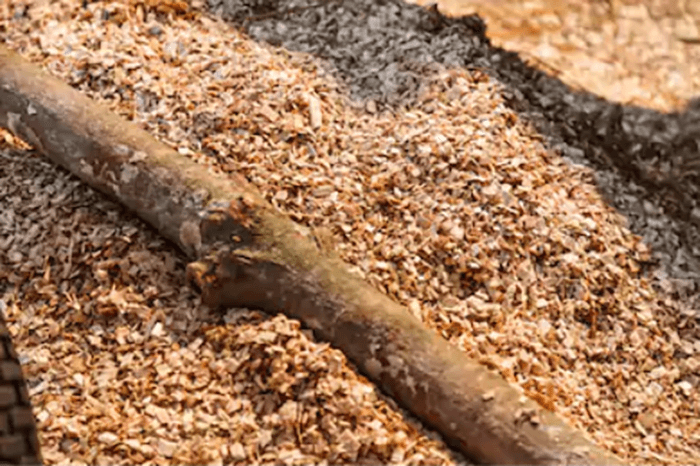Biomass materials for high caloricity bioenergy production usually are not be used directly, and they need to be pretreated firstly. Multiple technologies were used for biomass pretreatment, among which mechanical pretreatment is a widely used physical pretreatment technology. Lifeasible offers several technical support services related to mechanical pretreatment technology in bioenergy production, including technical consulting, project design and program optimization services. We always guarantee high quality service and strive to meet diverse needs of customers.

Mechanical pretreatment is a widely used physical pretreatment method, and is mainly used for the treatment of waste materials, including agricultural residues and forestry residues. The main purpose of biomass mechanical pretreatment is to increase biomass digestibility, particle densification, and enzyme accessibility. These can be achieved by reducing the particle size of the biomass material, increasing the specific surface area, the pore size of the particles and the number of contact points. For example, majority biomass materials contain lignin, which has high resistance to enzymatic digestion so that it is not conducive to the utilization of biomass materials in the energy field. Mechanical pretreatment can eliminate part of the resistance of lignin to enzymatic digestion, making it easier to use in the energy field. Biomass mechanical pretreatment includes a variety of methods, such as shredding, grinding, milling, and shock treatment. Shock treatment is a new mechanical pretreatment that can be combined with oxidative lime pretreatment technology to increase the enzymatic digestibility of lignocellulose. Milling pretreatment technology involves a variety of different equipment types, including attrition mills, ball mills, centrifugal mills, colloid mills, hammer mills, extruders, knife mills, pin mills and vibratory mills. The choice of mills is based on the type of biomass material and its physical properties, such as water content. The composition of lignocellulosic materials is complex, and the pulverization of lignocellulose by a mill can reduce the crystallinity, matrix particle size and polymerization degree of the material, as well as effectively improve the quality of the pretreatment, and ultimately improve the substrate conversion rate in the bioenergy production process.
In the mechanical pretreatment process of biomass materials, various parameters will affect the results of pretreatment, which will ultimately affect the yield and substrate conversion rate of bioenergy production. These parameters include the feed rate of raw materials, initial particle size, machine variables and water content. Lifeasible has rich experience in the field of biomass material pretreatment, which can help customers solve various professional technical problems in the mechanical pretreatment of biomass materials.
Lifeasible is committed to providing high quality technical support services for biomass material pretreatment technology. We enable customers to obtain materials that meet the requirements for bioenergy production and increase the conversion rate of biomass materials at the same time. At Lifeasible, we can not only help customers optimize the processes and parameters of mechanical pretreatment technology, but also provide professional technical consulting services for mechanical pretreatment technology to help customers solve various problems in the production process. In addition, we offer design services for the entire process of mechanical pretreatment. If you are seeking technical support services related to mechanical pretreatment of biomass materials, Lifeasible is a good choice for you. Please feel free to contact us for more information.